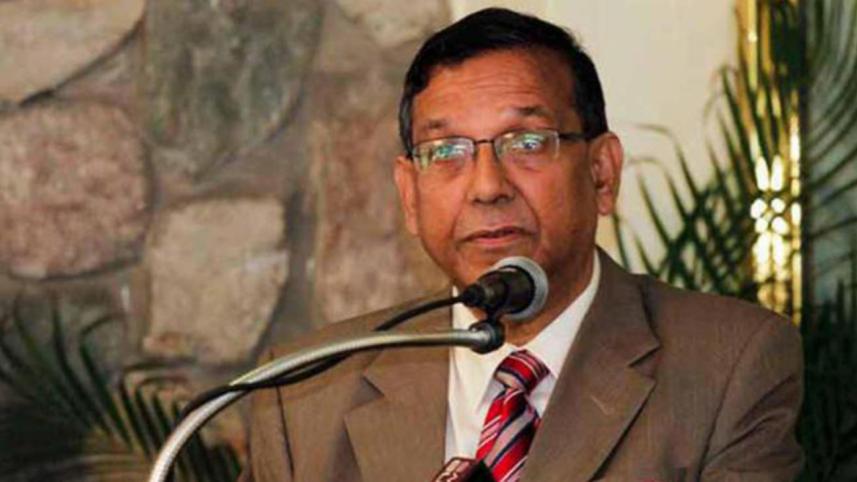Character assassination of rape victims must end

We warmly welcome the government's decision to reform the provision under Section 155 (4) of the Evidence Act, 1872 which allows the character of a victim to be questioned in the case of rape. The decision, long-awaited and demanded by rights activists, was revealed on Wednesday by Law Minister Anisul Huq in parliament. Specifically, he mentioned the amendment to the primitive provision and estimated that "a Bill would be placed in the next session of parliament, likely to be held in September, with necessary amendment to the Evidence Act".
While the law has a long way to go in terms of even properly defining rape (to include victims of rape of other genders besides female, for instance), this particular reform will still be a big step in the right direction if carried out properly, with advice from gender and legal experts and grassroots lawyers.
Currently, the regressive provision allows defence lawyers to undermine a rape victim by asking her humiliating questions and trying to establish that she is of an "immoral" character in order to somehow justify the rapist's actions. This justification of the act of rape is based solely on patriarchal norms and notions, which have long been practiced in our culture to ensure that women remain second-class citizens in their own country. It is no secret that when a man is accused of rape by a woman, the public is often swayed by his story as being more believable than hers, thanks to our long-practiced gender biases against women. This prejudice is perpetuated in the courts thanks to the said Act.
We would urge the government to ensure that this reform to the Evidence Act is a productive one. The inclusion of the death penalty for rape in the Women and Children Repression Prevention (Amendment) Bill last year, for instance, has been heavily criticised by rights activists as a ploy to hush anti-rape protesters, instead of making decisions which would align with their actual demands. We also sincerely hope that the reform takes place soon and prioritises only fair and equal judgement during cases of rape, which does not give either party a higher ground. The trauma of a rape victim is extreme and may never completely be alleviated. But the existence of this provision in the Act has the potential to increase this trauma and deny justice to the victim. Such a provision should be scrapped.



 For all latest news, follow The Daily Star's Google News channel.
For all latest news, follow The Daily Star's Google News channel.
Comments